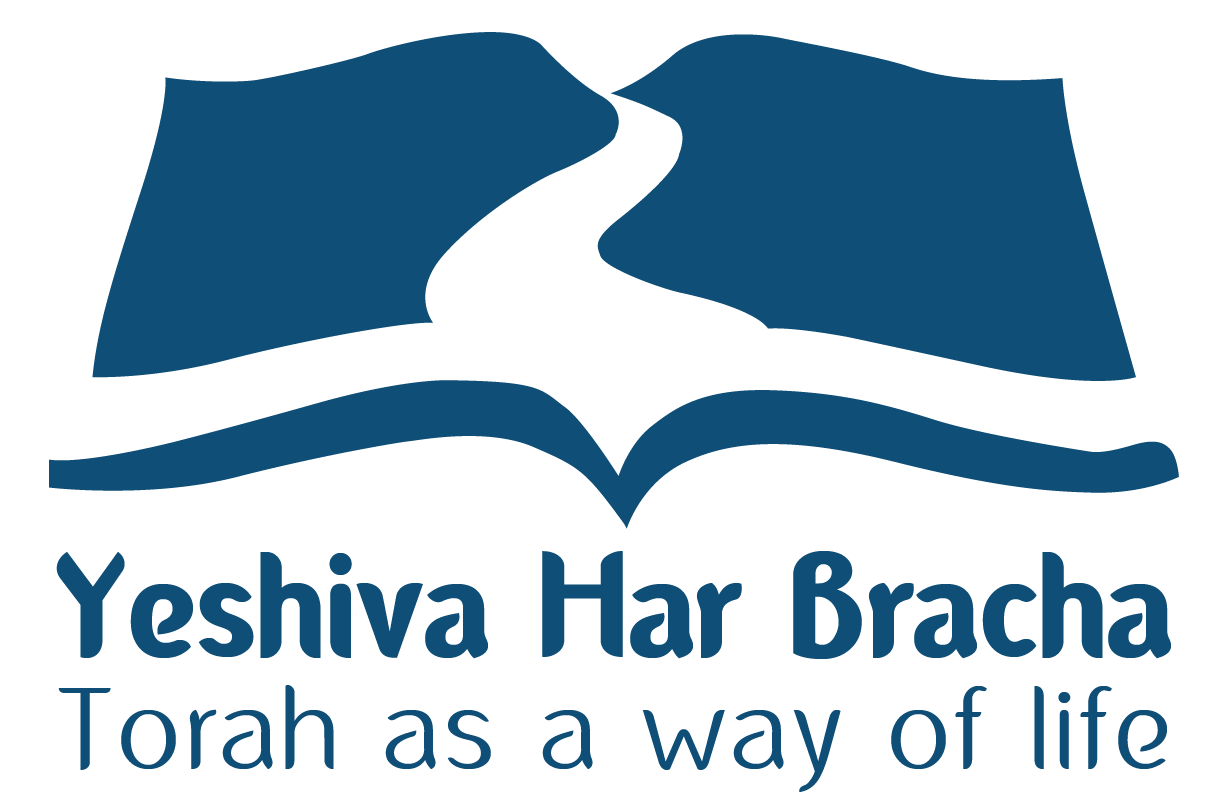For thousands of years, the wisdom of astronomy and the wisdom of astrology were intertwined, and the sages of the nations of the world believed in them * When there was a general consensus among the sages of the nations that astrology was a true wisdom, the Sages of Israel did not disagree with them * As systematic science progressed, the demand for precision grew, and since astrologers could not be precise, their wisdom was called into question * The halakha follows the overwhelming majority of poskim that it is forbidden to inquire about the future through astrology
Astrology
Q: According to the Sages of Israel, is there truth in astrological prediction? And is it permissible to use astrology to inquire about future predictions, and personality analysis?
A: Astrology is a method based on the belief that the stars and constellations moving in their paths in the heavens influence everything that happens in the world, because life, with its good and bad, flows from the heavens through the stars and constellations. Stars refer to the seven nearby planets: Saturn, Jupiter, Mars, Sun, Venus, Mercury, and the Moon. Constellations refer to the twelve sets of distant stars that create shapes in the sky, after which they are named: Aries, Taurus, Gemini, Cancer, Leo, Virgo, Libra, Scorpio, Sagittarius, Capricorn, Aquarius, and Pisces. Since the heavenly bodies move in their orbits, their influence changes at all times according to the positions of the stars and constellations, with each month having its own constellation, and each day, and hour, having its own star patterns. According to the combination between them, they construct the birth chart of a person, and predict their destiny. Regarding the fate of nations and countries, according to the positions of the stars at the time of their establishment, or during significant events that occurred to them, they determine what events, opportunities, or difficulties await them in the future.
Astronomy and Astrology
For thousands of years, the wisdom of astronomy and the wisdom of astrology were intertwined, and the sages of the nations of the world, including the sages of Babylon, Assyria, Egypt, and Greece, believed in astrology. Over time, sages arose who questioned the credibility of astrology, until through a gradual process, a clear distinction was made between them. Astronomy developed as a precise science, advancing due to sophisticated telescopes that enabled observing distant stars and galaxies, and by observing them, it became possible to calculate their orbital motion, and the gravitational forces affecting them. Astrology, on the other hand, is a method whose adherents have not been able to prove scientifically, and therefore many today believe there is no truth in it.
The Position of the Sages of Israel
In general, in Talmudic times, when there was a general consensus among the sages of the nations that astrology was a true wisdom, the Sages of Israel did not disagree with them. Stories based on this view were even brought in the Talmud (Shabbat 119a, 156a-b). However, in the era of the Rishonim, when the sages of the nations disagreed as to whether the system of astrology was mistaken, among the Sages of Israel – some believed there was truth in it, and others believed it was false. One should not be surprised that the Sages of Israel took into account the sages of the nations, for the Torah Sages do not purport to decide scientific questions according to the Torah, because the Torah’s purpose is to teach us the most important matters: what is good and what is bad, what is forbidden and what is permitted – and not to rule on scientific matters.
The Explanation and Debate on the Status of Astrology
It can be explained that in principle there is truth in astrology, since all creatures in the world are interconnected, and it is possible to learn about one system from another, especially from the all-encompassing system of the heavenly bodies. However, since the state of the stars is very complex, it is difficult to determine a clear position based on them, for a person’s birth chart consists of three factors: hour, day, and month, each of which is complex in itself. Additionally, the fate of every person depends on the fate of their family, friends, fellow citizens, and nation, and it is impossible to construct astrological charts for all people, families, societies, and nations. And even if it were possible to construct such charts, the human mind cannot compute them all together.
Apparently, the successful astrologers were scholars in multiple fields who delved into the individual psyche and understood social processes, and were also endowed with a mystical talent, which enabled them to identify the main components from the totality of data in the astrological chart, and receive inspiration to predict the future. And although they often erred, since there were no better tools to help people and rulers plan their future moves, many relied on their predictions.
The Development of Science and the Decline of Intuitive Wisdom
As systematic science progressed, the demand for accuracy increased, and since astrologers could not be precise, their wisdom was called into question. As a result, a two-stage change occurred: 1) Talented individuals tended to develop their talents in the scientific direction at the expense of the mystical ability, and thus, the number of those capable of predicting the future through astrology diminished, for as mentioned, only a combination of multi-disciplinary talent with the development of mystical ability enables the use of astrology for future prediction. 2) Consequently, the transmission of this wisdom from generation to generation was impaired, to the extent that over time, very few wise people were able to understand a person’s character and inclinations through astrology, let alone predict the future.
It turns out that those who believed in the truth of astrology relied on cases where astrologers succeeded in predicting the future. In contrast, those who denied its truth subjected it to a more severe test, demanding higher levels of accuracy that it could not meet, especially in generations where the best talent was directed toward precise science, at the expense of developing the mystical sense.
Three Opinions
According to Rambam (Maimonides), astrology is a lie like all witchcraft and sorcery, and therefore it is forbidden by the Torah to ask astrologers about the future, just as it is forbidden to ask sorcerers and diviners. And if one acts based on what an astrologer says, they are liable for lashes (Mishneh Torah, Hilchot Avodah Zarah 11:8-9; Tur Yoreh De’ah 179; Tiferet Yisrael on Kiddushin 4:1, Boaz 1; and others).
In contrast, some poskim (halachic authorities) permitted asking an astrologer what will happen in the future, because the prohibition on predicting the future is through the means of witchcraft, while astrology is a scientific wisdom. This is the opinion of Ibn Ezra and Ralbag (Vayikra 19:26); and Rashba (1:413) wrote that perhaps there is no prohibition in this.
According to the middle opinion, which is the view of Ramban (Nachmanides) and most Rishonim and poskim, since astrologers predict the future through wisdom and not witchcraft or sorcery, there is no violation of “Lo tenachashu ve’lo te’onenu” (‘Do not practice divination or soothsaying’) (Leviticus 19:26). However, due to the positive commandment, “Tamim tihyeh im Hashem Elokecha” (‘You shall be wholehearted with the Lord your God’) (Deuteronomy 18:13), it is forbidden to ask them about the future. If God reveals the future to us through a prophet or the Urim and Tummim, we will know it; if not, we will rely on God that even if a distressing event occurs, it is meant to benefit us, so that through it, we will grow, and advance. And if we find a ploy to know the future and avoid that distress, in the end, we will suffer from many more distresses (Ramban in Meyuchasot 283; Haiyraiym 239, 431; Ritva on Shabbat 156b; Ran and Nimukei Yosef on Sanhedrin 65b; Shulchan Aruch and Rema 179:1-2, and many others).
The Practical Halakhic Ruling
The halakha follows the overwhelming majority of poskim that it is forbidden to attempt to inquire about the future through astrology. According to most poskim (Ramban and others), this is because the person asking violates the positive commandment “You shall be wholehearted with the Lord your God.” And there are those who say (Rambam and others) that he also transgresses the negative commandment “Do not practice divination.”
Is it Permissible to Use Astrology for Personality Assessment?
After learning that it is forbidden to ask astrologers about the future, we are left to clarify: Is it permissible to conduct a personality assessment with the help of an astrologer?
As we have learned, according to Rambam, there is no truth in astrology, both because it relies on incorrect assumptions, and because a person’s fate can change through good or bad deeds (Iggeret Le’Chachmei Marseille). Therefore, it is forbidden to seek astrological advice, since the Torah has warned us to distance ourselves from falsehood. One who follows false advice misleads himself into thinking he has character traits that he does not actually possess, and lacks qualities he truly has. Instead of striving to develop his character traits according to his understanding, and the guidance of his rabbis and friends, he will pursue vanities, and neglect developing his character traits and talents properly. Over the years this view has strengthened, and its proponents cite evidence from cases of people who, following such advice, invested effort in a direction that turned out to be extremely harmful – such as being told they were gifted in business, only to ultimately lose their entire fortune, or hearing that they lacked talent in a certain field, only to succeed greatly in that very field many years later.
However, on the other hand, according to those who hold that astrology sometimes contains truth, it would be permissible for a person to use astrology to deepen his understanding of his character and traits. For if one knows he is prone to a certain sin, he can be more careful to avoid it, and if he knows he has talent in a certain area, he can develop it further. As our Sages said (Shabbat 156a) about one born under the constellation of Mars, that by nature, he will tend toward bloodshed, but it is within his ability to choose whether to be a murderer, a ritual slaughterer, a doctor who performs therapeutic bloodletting, or a mohel (circumciser). Likewise, our Sages related (Shabbat 156b) about the mother of Rav Nachman bar Yitzchak, that astrologers told her that her son would be a thief, therefore she was insistent that he always wear a head covering, so that he would have fear of Heaven. When he grew older, she implored him to always be careful to wear a head covering and pray to God for mercy that the evil inclination not control him. At first, he did not understand why his mother was so concerned. But one day, while sitting and studying under a date palm tree, his head covering fell off. He raised his eyes to the palm tree and saw the dates there. His desire overcame him, and due to the intense craving to steal them, he climbed the palm tree, and pulled off a cluster with his teeth. At that moment, he understood his mother’s concern, for the astrologers were correct, that by nature, his desire drew him to theft. However, ultimately, they erred – for by virtue of his faith and Torah study, Rav Nachman bar Yitzchak became one of the great Torah Sages of Israel.
Still, one could argue that in the past, astrologers were of a higher caliber, so there was reason to consider their words, but over time, their wisdom was forgotten, and their statements became increasingly filled with errors.
In Practice
Since this matter is disputed, one who wishes to consult an astrologer has basis to rely upon. However, it is preferable to refrain from doing so, since it is difficult to know who is truly an expert. The more renowned the astrologer is for being God-fearing, humble, and cautious about taking definitive stances, and is also endowed with educational understanding – according to the view that there is truth in astrology, there is more room to consult with him. Nevertheless, according to those who hold that there is no truth in astrology, one should refrain from it.
This article appears in the ‘Besheva’ newspaper and was translated from Hebrew.








